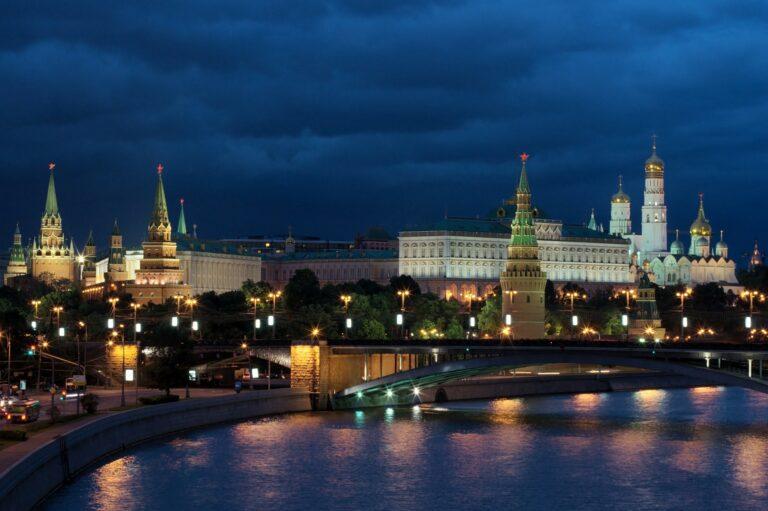Russia’s State Duma hopes to adopt a variety of bills related to the digital economy before March, including a long-awaited piece of legislation concerning digital financial assets, according to TASS.
State Duma Committee Financial Market head Anatoly Aksakov announced the news at a recent press conference. He explained that legislators agreed the bill on digital financial assets should be adopted in conjunction with a law concerning the regulation of crowdfunding and investment platforms, along with other changes to the Civil Code.
Aksakov affirmed all three pieces of legislation “should pass” when they reach the agenda.
He also said the legislation governing the activities of electronic platforms would hopefully be passed by February 15th so that a pilot project could launch that included a number of credit institutions.
A Long Timeline For Russia’s Crypto Bill
The State Duma first adopted an initial reading of the bill on digital financial assets in May 2018. Some edits of the draft legislation attracted a lot of criticism from the cryptocurrency industry.
In October, Interfax reported a second reading of the draft law cut out the definition of ‘mining’. The new version of the legislation also did not clear up any taxation issues miners could run into.
At the tail end of last year, Deputy Prime Minister Maxim Akimov said the prolonged bear market for cryptocurrency necessitated a more cautious regulatory approach.
He indicated the draft regulatory bill drew the ire of Russia’s Union of Industrialists and Entrepreneurs, led by Interros owner Vladimir Potanin. Potanin is currently working on a couple of crypto-related projects, including a stablecoin.
Bill Set To Introduce Definitions For Cryptocurrency And Tokens
TASS reported how the first reading of the bill defined cryptocurrencies and tokens as property. It said the two are different based on the characteristics of the issuer and the purpose of the issue.
Earlier in January, State Duma Chairman Vyacheslav Volodin said the “block of bills on the digital economy” should be a priority for working legislators, noting that development of the cryptocurrency world would foster economic transition.









